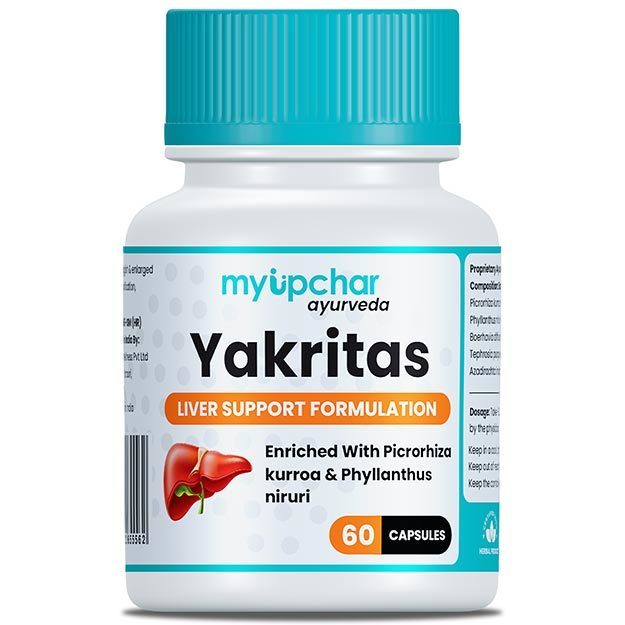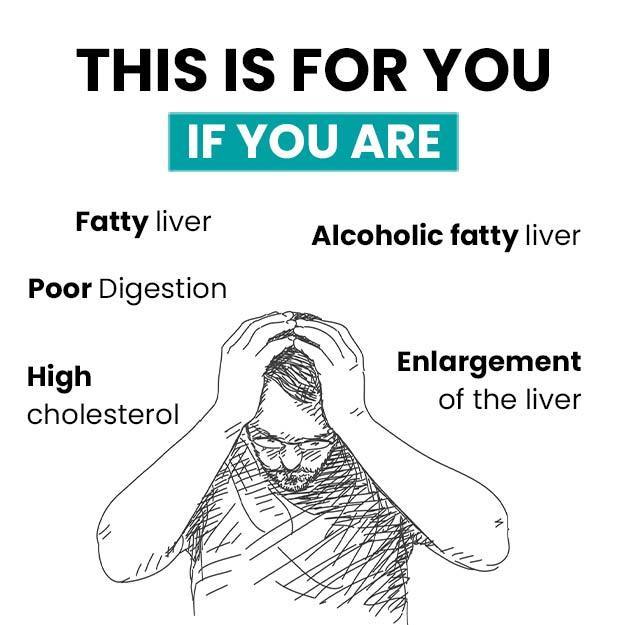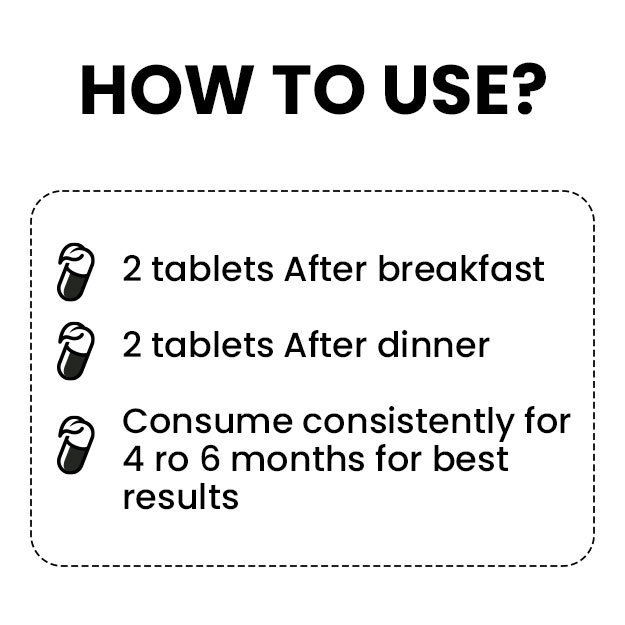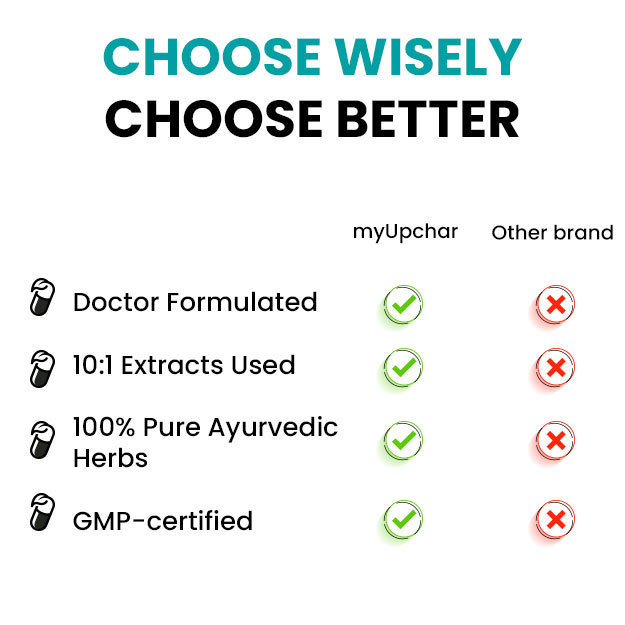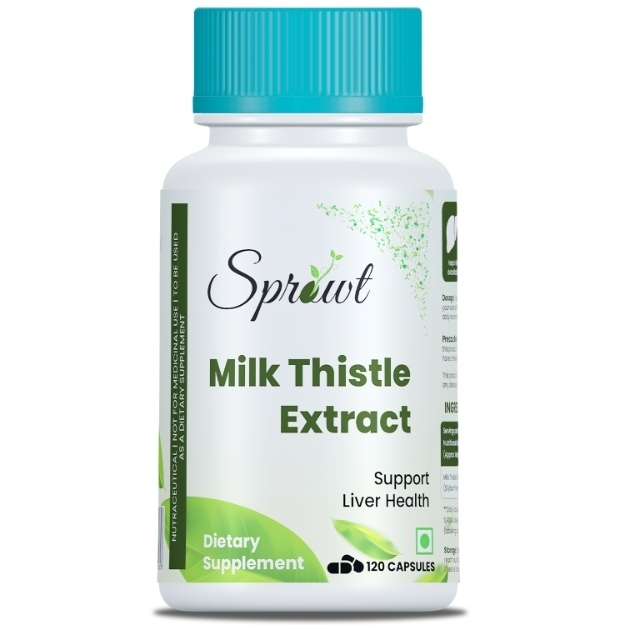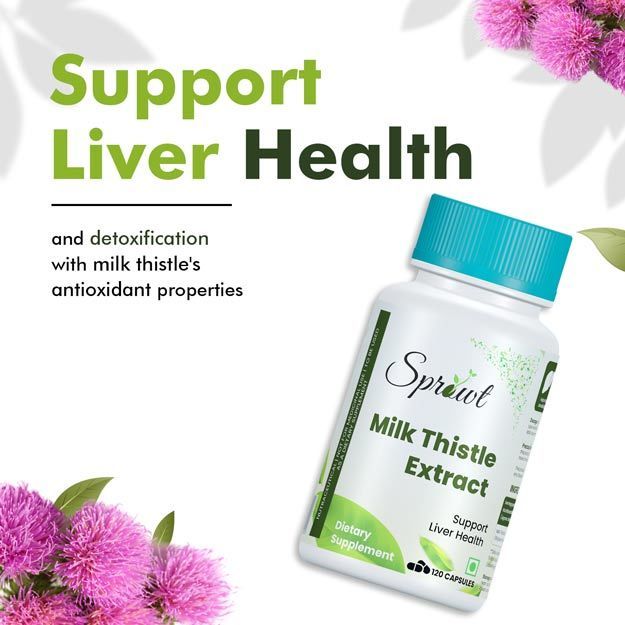What is Hepatitis A test?
Hepatitis A test is used to detect the presence of hepatitis A virus (HAV) in the body by identifying the proteins secreted by the body’s immune system to fight against the virus.
Hepatitis A is a liver disease caused by HAV infection. It commonly affects children, and those below 6 years of age usually do not show any symptoms or are asymptomatic. The disease spreads through ingestion of food contaminated with the stool of an infected person and leads to liver inflammation. Though this inflammation is usually of acute form and subsides itself within 2 months without complications, early diagnosis and treatment are important to prevent the infection from spreading to healthy individuals.
The virus is not shed in stools once the person recovers from acute illness and the disease never develops a chronic stage.





